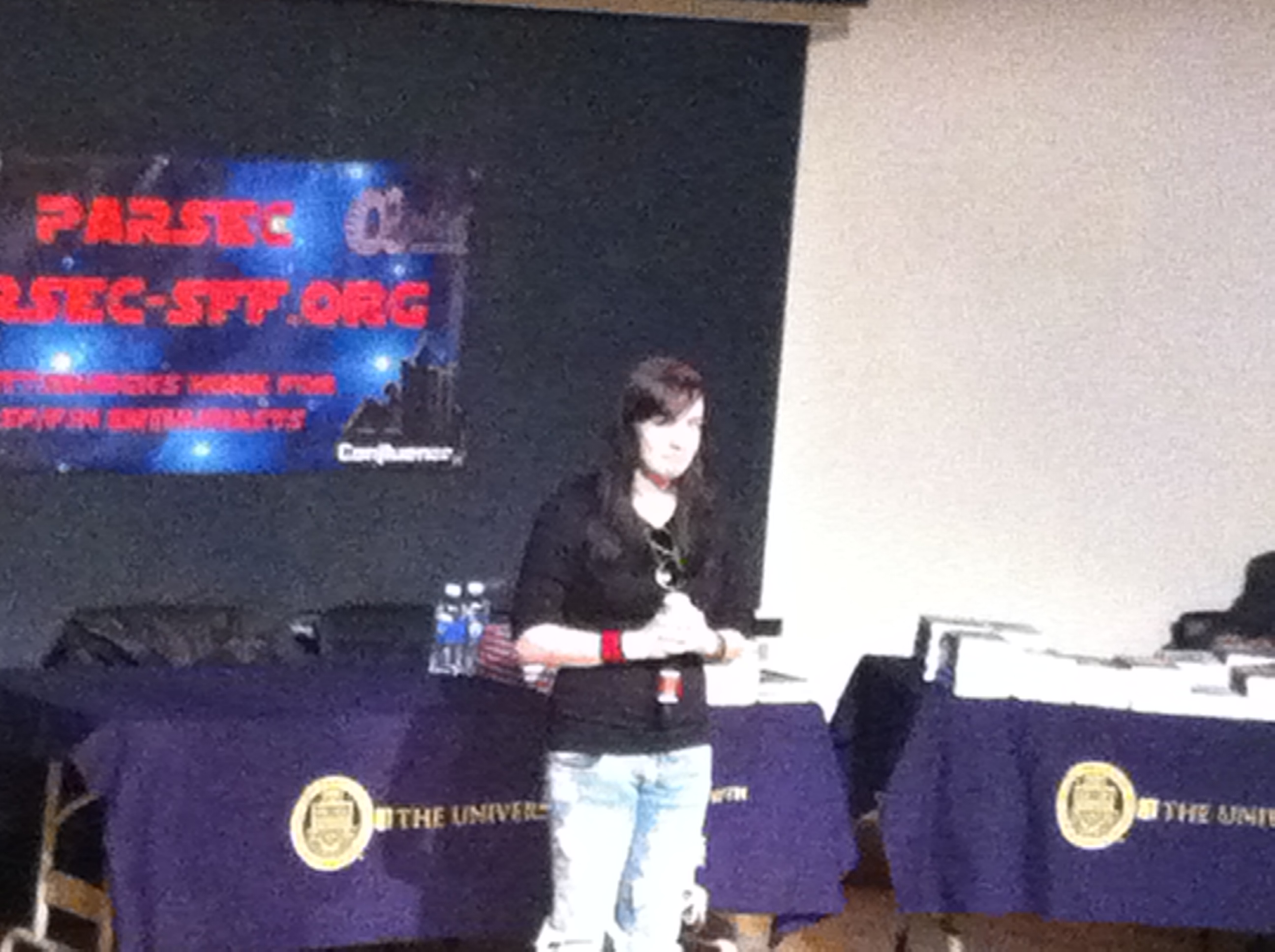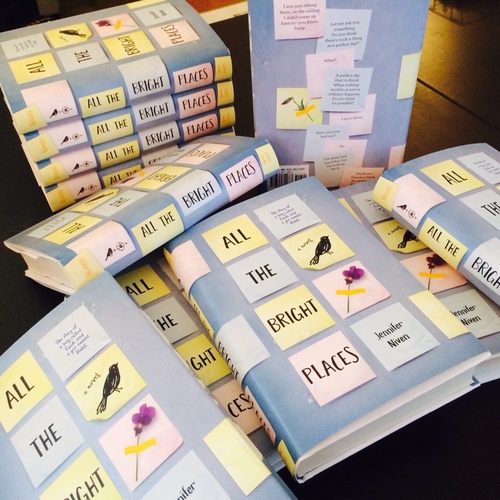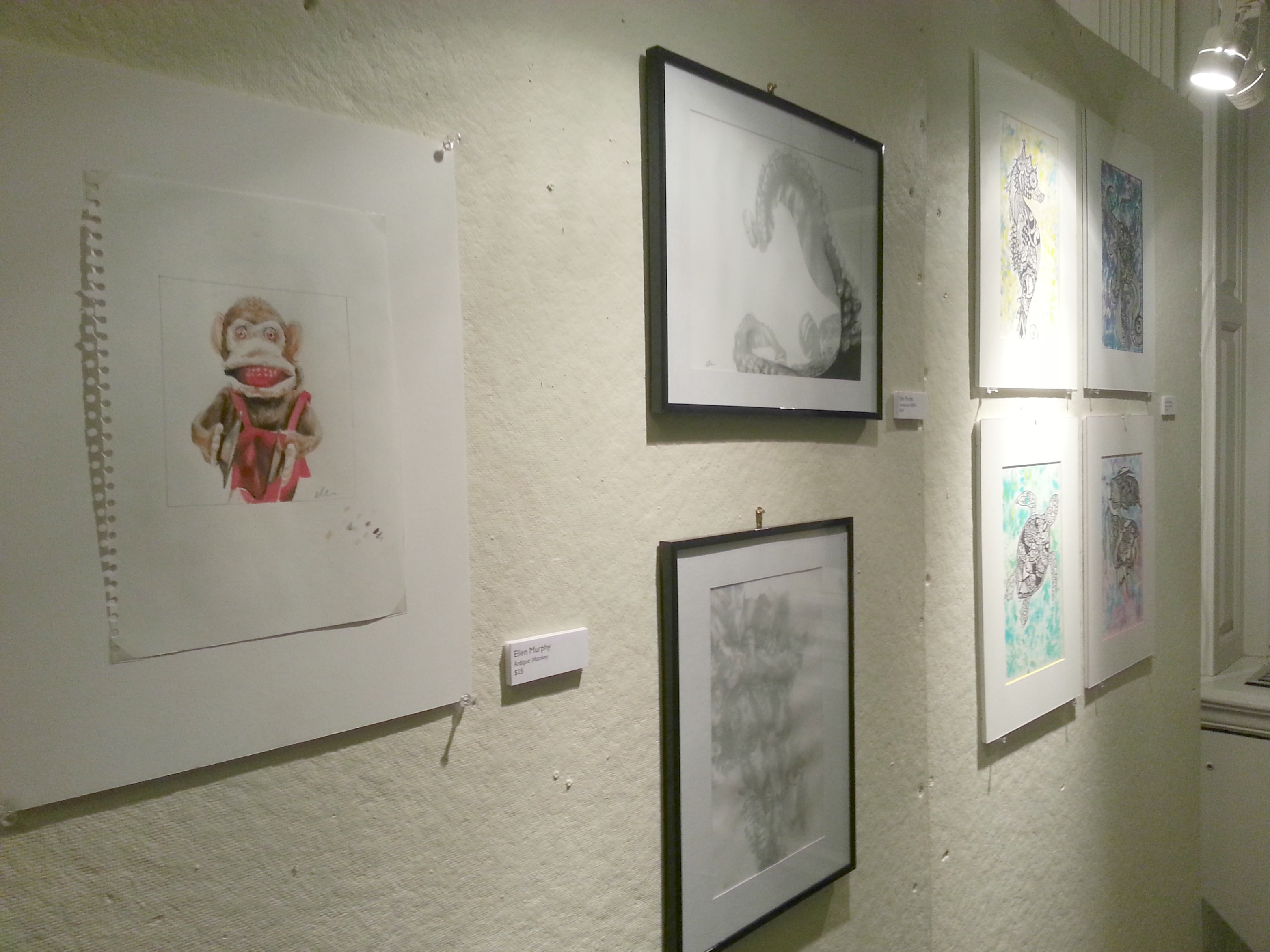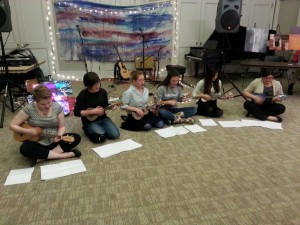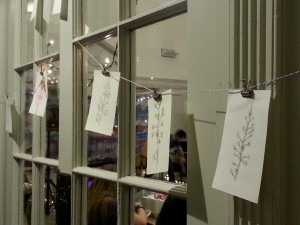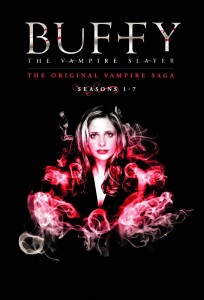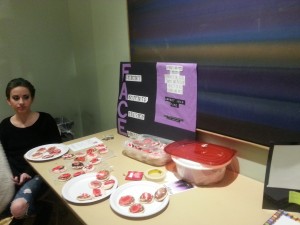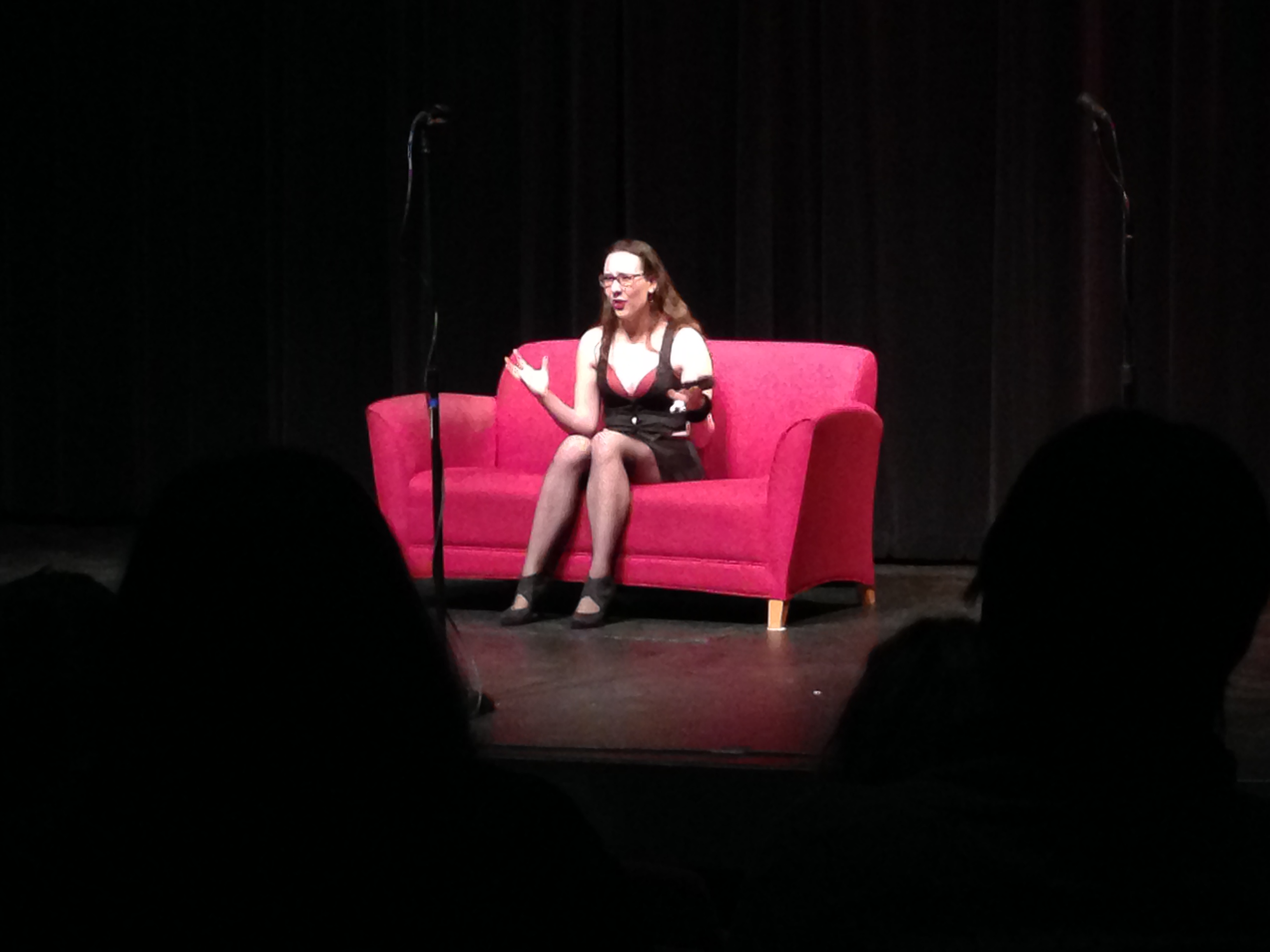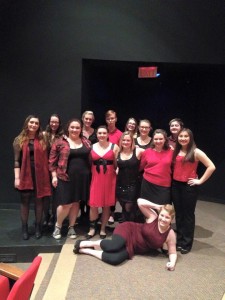On a cold October afternoon Pittsburgh readers both young adult and practiced adults ventured to Carnegie Mellon University to see Maggie Stiefvater. The New York Times Bestselling author of “The Scorpio Races,” “The Raven Cycle,” and the “Shiver” series captivated Creative Writing majors and fans with enthusiasm and humility, with stories of her life and career, and with insight into her works of fiction.
Maggie Stiefvater, who was born Heidi Hummel, could have potentially had a promising career as a stand up comedian. From tales of taking unfortunate photographs of “ugly babies” to recounting the academic programs she was rejected from the writer was very open with her audience. She spoke of her life in chapters of a memoir she never plans to write.
Describing her younger self as if she were a character in a novel she recounted to the audience stories about herself as a “horrible child,” then a “horrible” Wednesday Adams-like teenager “mourning modern society,” and now an adult who watched fellow Young Adult novelist John Green be pulled from a burning car like “a baby calf” twice.
Considering the audience’s responses (not to mention her book sales), it can be said that Maggie Stiefvater is as captivating a storyteller in person as she is on paper. That could be attributed to the fact, that in her own words, she has been telling them her entire life. Some more innocent than others as she admitted that she used to make up stories to entertain her siblings, saying, “It’s not lying it’s storytelling.”
She then kindly informed the writers in the audience, after they’d identified themselves, that they were terrible: “You’re all terrible, just so you know.” She claimed to know this from personal experience as a writer having roughly thirty unfinished novels by the time she started college.
Although she can laugh at herself and get others to laugh about the days when she and her husband that she affectionately referred to as “lover” were, “living off dried pasta and broken dreams,” Stiefvater did not have an easy road to success. In spite of being a history major and lover, she studied it because the Creative Writing Department rejected her, going as far as to suggest she major in business. Additionally, she has had bouts with writer’s block, too, saying that she started writing her series “The Raven Cycle,” published in 2012, at nineteen (she is thirty-three now). And with books that top that bestsellers list can come a great deal of pressure. Stiefvater described her experience ending her first trilogy as writing with, “one million mom’s watching.”
“I learned after that I really needed to write books for myself,” she said after recounting having to rewrite an eager to please manuscript.
Now with eight finished novels and several short stories, two children, quite a few farm animals, still a lot of black clothing, and a car that caught on fire after a possibly illegal drag race, she still considers her protagonist to still be developing. Making Harry Potter references and begrudgingly describing herself as a “grown up,” she signed books and gave aspiring writers in the audience humor filled advice.
Her newest addition to “The Raven Cycle” will be released in February 2016.
